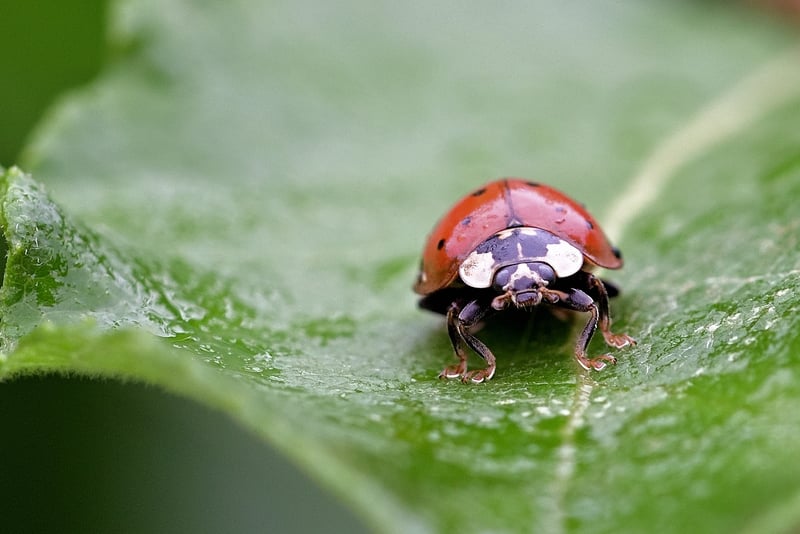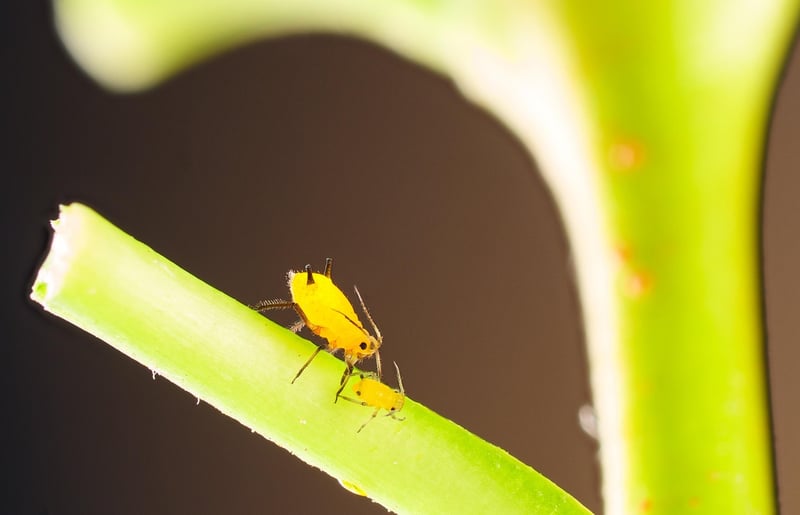Pest Control Methods
Keeping Your Garden Healthy: Effective Pest Control Methods
Welcome to your guide on maintaining a healthy garden by effectively managing pests. A beautiful garden requires careful attention to keep it thriving and pest-free. Below are some essential tips and methods to help you protect your plants and ensure a flourishing garden.
1. Regular Inspection
Inspect your plants regularly for any signs of pest infestation. Look out for chewed leaves, holes, eggs, or webs on the foliage. Early detection can help prevent pests from spreading and causing extensive damage.
2. Natural Predators
Encourage natural predators like ladybugs, spiders, and birds in your garden. They can help control pest populations by feeding on insects that harm your plants. Planting nectar-rich flowers can attract beneficial insects to your garden.
3. Organic Sprays
Use organic sprays like neem oil, insecticidal soap, or garlic spray to deter common garden pests. These natural solutions are safer for the environment, beneficial insects, and your plants compared to chemical pesticides.
4. Companion Planting
Practice companion planting by growing pest-repelling plants alongside your vulnerable crops. For example, planting marigolds can help deter aphids, while basil can repel mosquitoes and flies.
5. Crop Rotation
Rotate your crops each season to disrupt the life cycles of pests. Different plants have varying pest vulnerabilities, so rotating crops can help prevent the buildup of specific pests in the soil.
6. Mulching
Apply organic mulch around your plants to conserve moisture, suppress weed growth, and deter pests. Mulch can create a barrier that makes it harder for pests to reach your plants.
7. Handpicking
If you notice larger pests like caterpillars or beetles, consider handpicking them off your plants. Wear gloves and drop the pests into a bucket of soapy water to prevent them from returning.
8. Traps and Barriers
Set up traps like sticky traps or pheromone traps to catch flying insects or pests crawling on the ground. Use physical barriers like row covers to protect your plants from pests like caterpillars.
9. Proper Watering and Nutrition
Keep your plants healthy and resilient by providing adequate water and nutrients. Strong, well-fed plants are better equipped to withstand pest attacks and recover quickly.
By incorporating these pest control methods into your gardening routine, you can promote a healthy and thriving garden while minimizing the need for harsh chemicals. Remember to observe your plants regularly and adjust your pest control strategies accordingly to maintain a balanced ecosystem in your garden.


